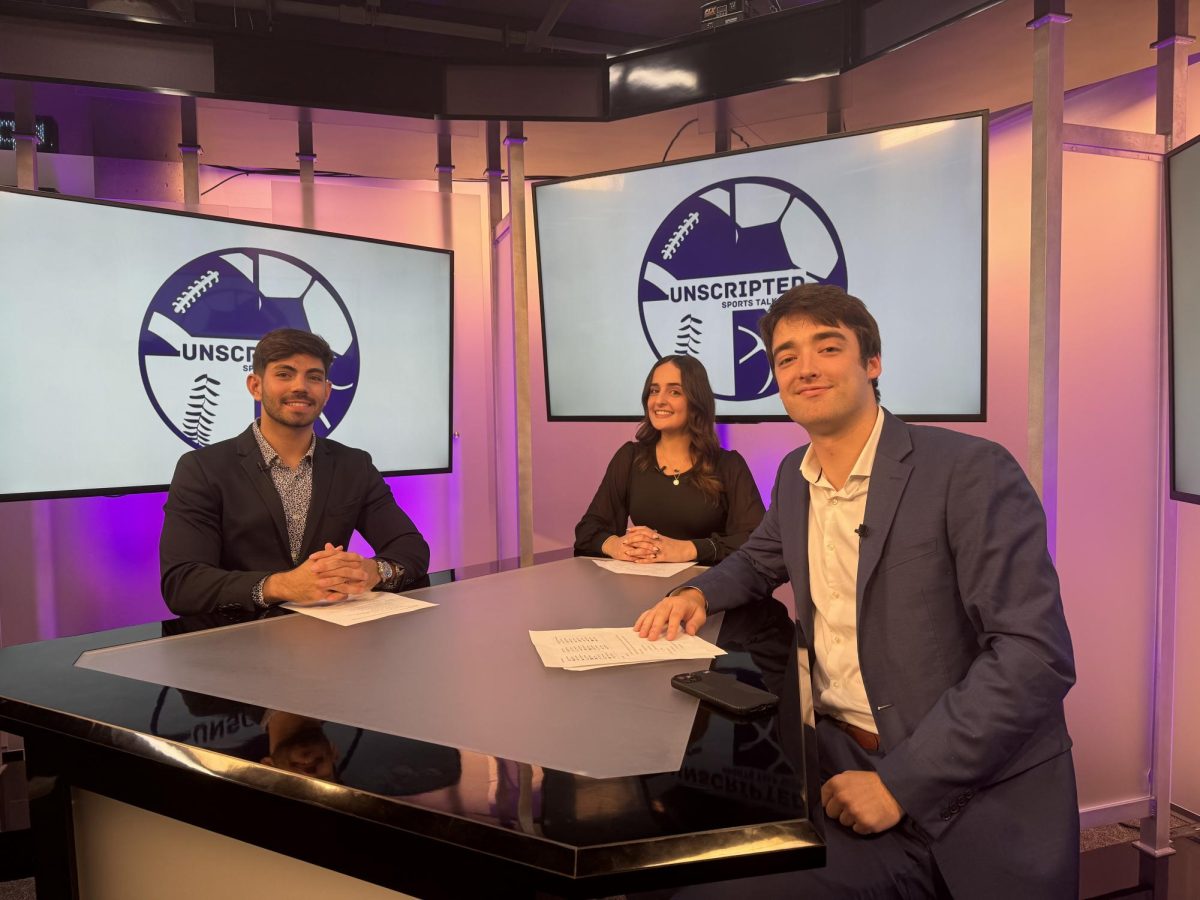Donations from TCU faculty to presidential campaigns have nothing to do with the way students are taught, several professors said.
The site fundrace.huffingtonpost.com showed that on the list of individual donors who identified their employer as “Texas Christian University” or “TCU” there were five Republican donors, who gave a total of $4,231, and 13 Democratic donors who gave a total of $13,634.
Several professors who appear on the list declined to comment, citing issues such as impartiality in the classroom. One TCU employee who appeared on the list, Janet Spittler , an assistant professor of religion, said the donations don’t have an effect on the kind of ideas discussed between faculty and students in class.
“I would never advocate a candidate from the front of a classroom, but I think the idea of preserving the notion that I am as a professor, am somehow perfectly objective is impossible,” Spittler said. “I would rather be open and encourage the open exchange of ideas, particularly with students outside of the classroom. It doesn’t come up a lot in ancient Greek class, but I don’t think it’s necessary and I don’t think it’s particularly helpful to try to conceal my perspective on political or social justice issues.”
The list shows Spittler gave $466 and $517 in separate donations to Barack Obama’s campaign. Spittler , who has a Ph.D. from the University of Chicago where Obama taught at the law school, lived in Chicago’s Hyde Park area near the Obama family until 2007. Spittler said specific issues like global warming and intelligent design are probably important within the education sector, but that part of Obama’s presidential platform about making college more affordable is attractive to professors.
The list comes on the heels of data that show college faculty and other educators donated more than 11 times to Barack Obama than to John McCain. According to the report, the Obama campaign raised $19,345,775 compared to $1,646,670 for the McCain campaign.
That data was compiled by the Center for Responsive Politics, a non-partisan group who operates the Web site, www.opensecrets.org. The site posts donor information about all of the presidential candidates from the major parties as well as fundraising information for members of Congress. The numbers were calculated from Political Action Committees (PACs) and individual contributions of more than $200 as reported to the Federal Election Commission.
Adam Schiffer, assistant professor of political science, said there’s a valid argument for more academic diversity in classrooms, but this doesn’t support that case. Schiffer said he didn’t donate to either candidate’s campaign and doesn’t have the income to give significantly.
“Even if, let’s say I did give $1,000 to Barack Obama, so what? The proof is in the pudding,” Schiffer said. “How are my classes? Am I fair to all students? Does my syllabus reflect a diversity of scholarship on American politics? None of that has anything to do with what I do in my personal life any more than what restaurants I take my wife to.”
Schiffer said there’s not much to be determined from the data. He said a professor can keep political activities in his or her personal life separate from their job but that most professors stay out of fundraising and volunteering.
“We tend to be fairly non-active for the most part considering that in colleges you have some of the nation’s foremost experts on politics, it’s actually surprising how little we do,” Schiffer said.
More could be learned by seeing how different academic departments donate to the presidential campaigns, Schiffer said. Schiffer said professors who teach English and other humanities and social sciences classes will lean to the left, but professors in the business school will lean toward Republican candidates.
Thomas Moeller, assistant professor of finance, said he doesn’t have any numbers but most professors in the Neeley School of Business are probably more conservative based on their experiences in their careers. Moeller said there are many in the business world who cross over to teaching and still vote for conservative candidates.
“I think there’s a traditional view of the Republican as low taxes, deregulation and for businesses, that’s appealing. For people who work at businesses they see that as an advantage and often times vote accordingly,” Moeller said.
Moeller said public funding is a large part of the education sector, and Democrats are more likely to be in favor for more government funding for education. Professors and other educators will be leaning toward the party who wants to put more money into the education system, Moeller said.
Eric Cox, an assistant professor of political science, said Obama has been making gains in many voter demographics as well as some that aren’t considered friendly to democratic candidates like voters in the military. Cox said he hasn’t donated to either presidential campaign this election.
Cox said it remains to be seen if the high numbers are a result of a steady stream of donations to the Democratic candidate or if this is a unique election. He said the data is an incomplete picture of how college faculty gives because it doesn’t figure in individual donations under $200.
Massie Ritsch, communications director for the Center for Responsive Politics, said campaigns have to report donors who have given more than $200. The group can’t do analysis for smaller donors because there is no data for donors under $200 in FEC reports.




